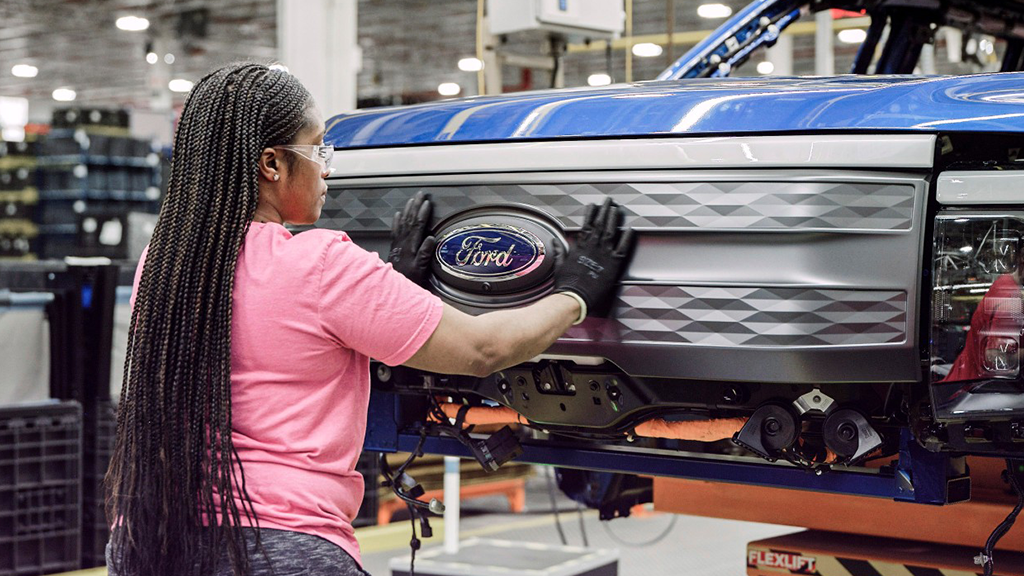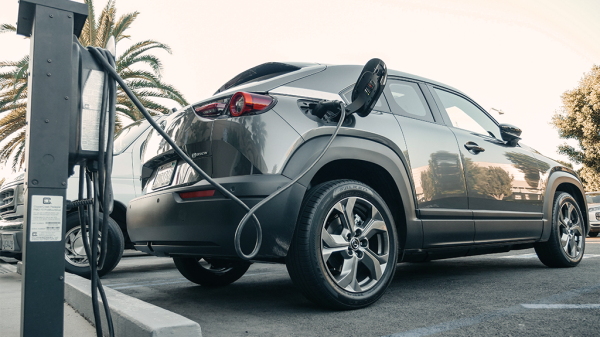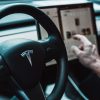Ford, one of the “big three” in the United States, is trying to come out on top with their “shocking” new announcement. Ford announced that they will build a 3.5 billion dollar electric vehicle battery plant in their home state of Michigan. The factory, “BlueOval Battery Park Michigan” in Marshall, Michigan will produce Lithium Iron Phosphate, or LFP batteries for its EVs.
This announcement comes on the heels of Ford announcing their $50 billion dollar global investment earlier this month. Ford states that the $3.5 billion investment will create 2,500 jobs with battery production slated to begin in 2026. Ford also states that this investment with partners brings battery spend in the United States to a whopping $17.6 billion.
Ford is the first automaker in the U.S. to produce and offer both Nickel Cobalt Manganese (NCM) batteries (which are currently the industry standard battery in the U.S.) and Lithium Iron phosphate (LFP) battery options in the United States for their electric vehicles. Both batteries are Lithium-ion based but are created using different chemical reactions and both batteries have pros and cons. This move by Ford will not only allow them to scale EV’s by putting more electric vehicles on the streets at a more affordable price, but will also diversify the U.S. supply chain.
Ford’s ultimate goal is to deliver an annual run rate of 600,000 electric vehicles globally by year’s end and two million by the end 2026. LFP batteries are cheaper to produce by about 10-15%, they are also more stable and less likely to go under thermal runaway, aka they’re less likely to catch fire. On the other hand, NCM batteries are a better option for those living in cold weather climates, they also boast a higher energy density but it comes at the cost of a slightly lower electric voltage. Both options are important as electric vehicles start to scale.
Bringing the Electric Vehicle supply chain to the U.S. not only allows Ford to produce batteries in the U.S., leading to cost reduction, but it will also help the automaker meet the Inflation Reduction Act’s strict requirements for domestic battery production and critical mineral sourcing needed for consumers to qualify for the Federal Electric Vehicle Tax Credit.
However, not everyone is happy about Ford’s new deal. Governor of Virginia and former Co-CEO of private equity giant the Carlyle Group, Glenn Younkin, was criticized by both businesses and the state government for blocking the deal. Earlier this year, Younkin blocked a planned Ford and CATL battery plant in Virginia, fearing it was a “Trojan Horse” for China that would undermine U.S. government interests. This is because, although the plant is wholly owned by Ford and located in the U.S, Ford is working closely with a Chinese based company, Contemporary Amperex Technology Co., Limited (CATL), a global leader in Lithium-ion battery development and manufacturing. This affiliation appears to be made in order to produce the LFP batteries, manufacture the battery cells using LFP battery cell knowledge and services provided by CATL.
This investment will not only allow more electric vehicles on the road, by scaling production but will also make them more affordable and attainable. This move could also help Ford edge Tesla out of the top Electric Vehicle Manufacturer spot in the United States.
UPDATE, February 23, 2023: A spokesperson for Ford Motor Company added, “CATL will have no equity or investment in this facility so it is not legally a partnership. The best way to describe it is simply a collaboration, as CATL’s involvement is limited to licensing their LFP battery technology to Ford and will only offer their services on a contractual basis. The total investment stat that calls out partners should also be collaborators, as not all investment that goes into that $17.6B is through partnerships.“
Nicole is a recent graduate (okay fine, a recent-ish graduate) of Texas State University-San Marcos where she received a BA in Psychology. When she's not doing freelance writing, she's doing freelance Public Relations. When she's not working, she's hanging out with dogs or her friends - in that order. Nicole watches way too much Netflix and is always quoting The Office. She has an obsession with true crime and sloths.











































